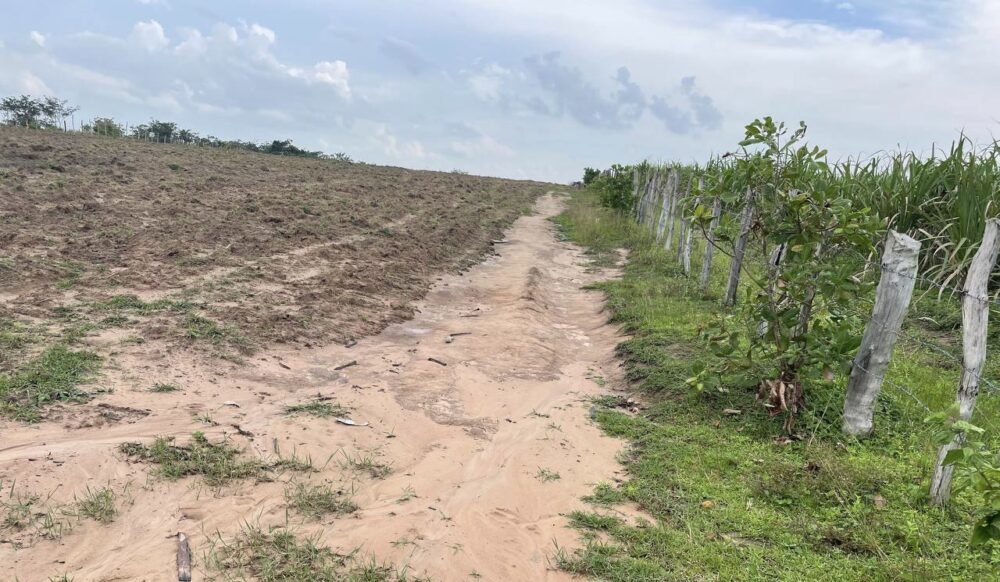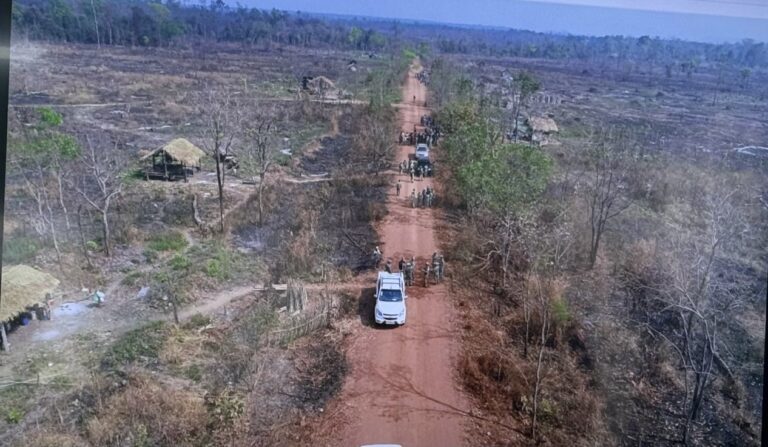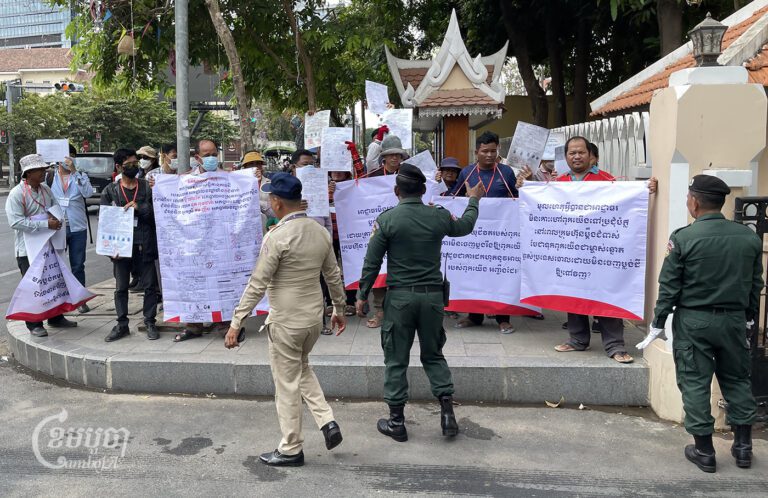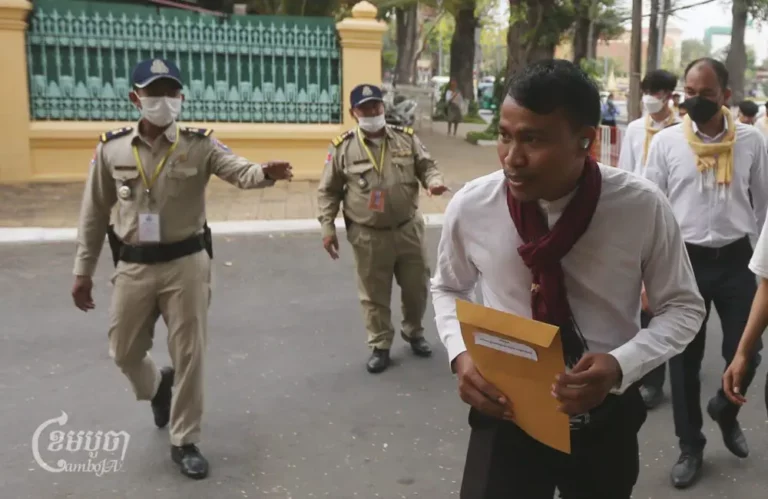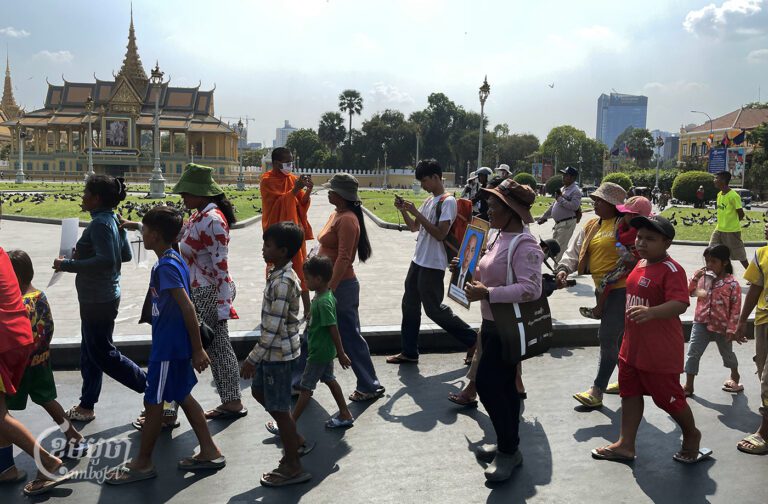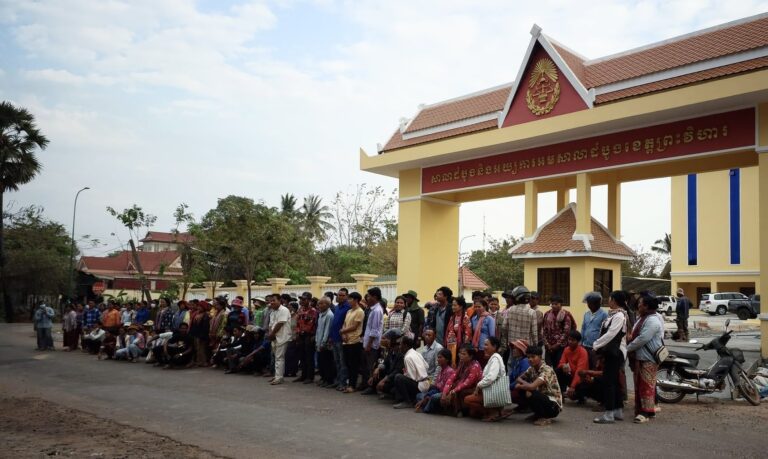In Koh Kong province, 200 families embroiled in a conflict over land allegedly stolen by sugar producers in 2006 have finally reached a settlement in late 2022. The NGO Equitable Cambodia released a statement announcing the settlement this week.
Certain undisclosed “supply chain actors” made the settlement with the families and 71 child labor claimants. While the specific “supply chain actors” that settled the dispute have not been made public, following the settlement the lawsuit filed by the families against U.K. sugar producer Tate & Lyle was withdrawn.
The suit is notable in that it was filed against the U.K. purchaser of the goods rather than the Thai-owned supplier, KSL Group, that allegedly stole the land. Human rights groups have highlighted the abuses that occur throughout complex global supply chains, where large conglomerates can outsource work to other companies and diffuse responsibility for human rights violations.
“In providing this resolution, supply chain actors have finally shown some level of accountability for their involvement in these very serious human rights violations,” the statement said. “Far too often, complicated corporate arrangements allow companies to avoid responsibility for violations.”
Community members who spoke to CamboJA had mixed responses to the settlement, as they received compensation but not necessarily an amount fully accounting for their alleged losses.
“We have been pleased to work with the stakeholders to support the affected families and to bring an end to this long-standing and important issue,” said a Tate & Lyle Sugars spokesperson in an email to CamboJA.
KSL Group did not respond to email requests for comment from CamboJA.
Equitable Cambodia, along with other local and international NGOs, have been working on advocacy efforts with the community since 2012. Now, over a decade later, a joint voluntary settlement agreement was made with the families and child labor claimants involved in the litigation in the U.K. High Court, according to a statement from the NGO released this week.
Payments were transferred to families in April.
Teng Kao, a community representative, was delighted that they had reached a settlement that includes compensation for the local families.
He declined to reveal the exact amount of money provided to the families, saying it was “confidential” and that he had made an agreement not to reveal the figures.
“The compensation is suitable and acceptable,” he said. “We are happy.”
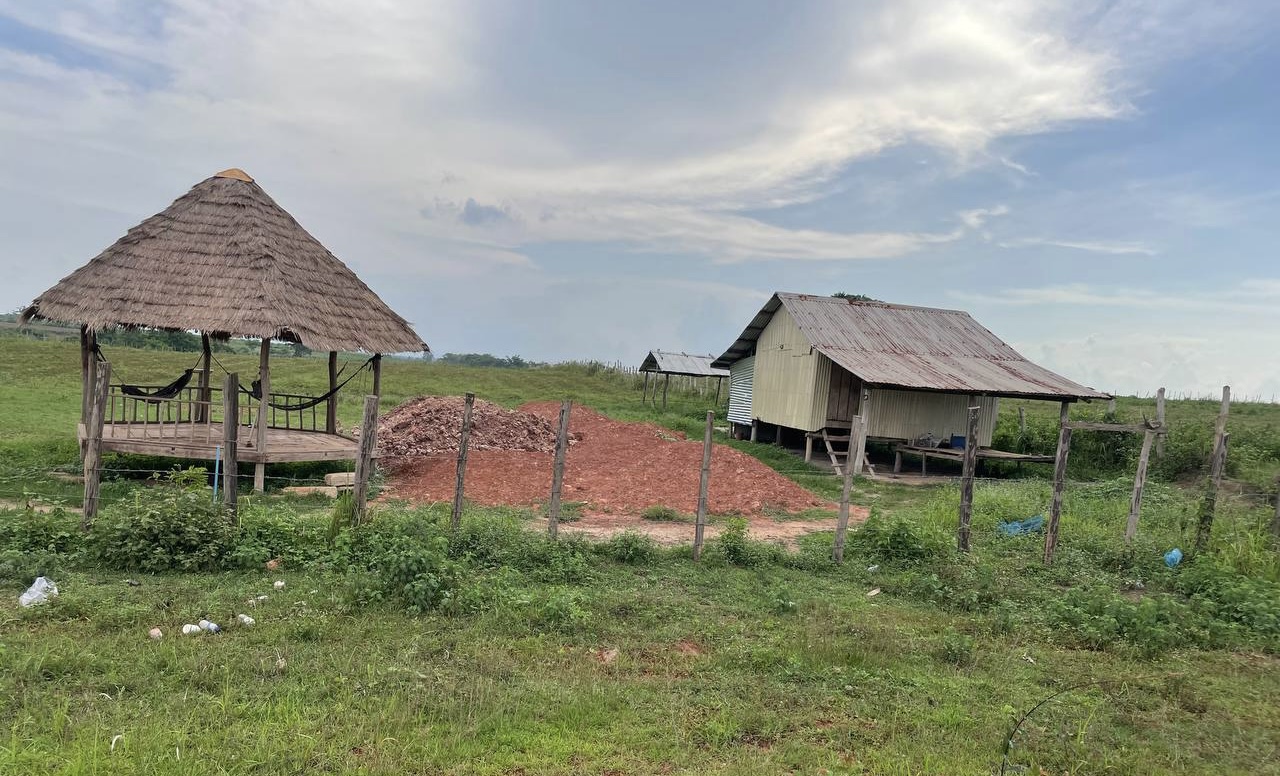
But not all families felt this way.
Tit Heang, one of the residents who received compensation in April, said she wasn’t completely satisfied with the settlement.
“I have received about $6,000 in compensation,” she said, although she had demanded $7,000 in compensation for her crops that she said KSL Group destroyed, including cashew, mango and jackfruit trees.
She is afraid to reveal more details of the agreement because the community representatives told her not to talk with the media.
A 300 hectare section of the land concession was returned to the families as a result of an earlier agreement reached in 2014.
Heang said she received 1.5 hectares of land, but the original farmland she lost in Chi Khor Loeu commune was 11 hectares. To make money and support her family, she has planted sugarcane on that land. Even though the company provided a smaller size of land to her family than what she originally owned, she felt she had no choice but to accept it.
“It is an injustice since the beginning [to get smaller plots of land] but I can’t speak out because [the representatives] have blamed me,” Heang said. “I was forced to take [1.5 hectares]. I am not satisfied but I don’t know what to do.”
Her neighbor, Kao, also remained upset with the previous settlement.
“The land isn’t enough but even if we demand more, they will not give it to us,” Kao said.
Equitable Cambodia executive director Eang Vuthy said the negotiation was a voluntary settlement where the community agreed to receive funds to rebuild their livelihoods.
“These are confidential [payments] between villagers and the company, but they agreed to receive the money, and we believe that money will help to rebuild their livelihoods,” he said. “It is good that the company has participated to resolve the problem, as they were involved in violating human rights related to these land concessions.”
Additional reporting by Leila Goldstein.
Note: This story was updated on June 5 to include a comment from Tate & Lyle Sugars that was received after publication.


